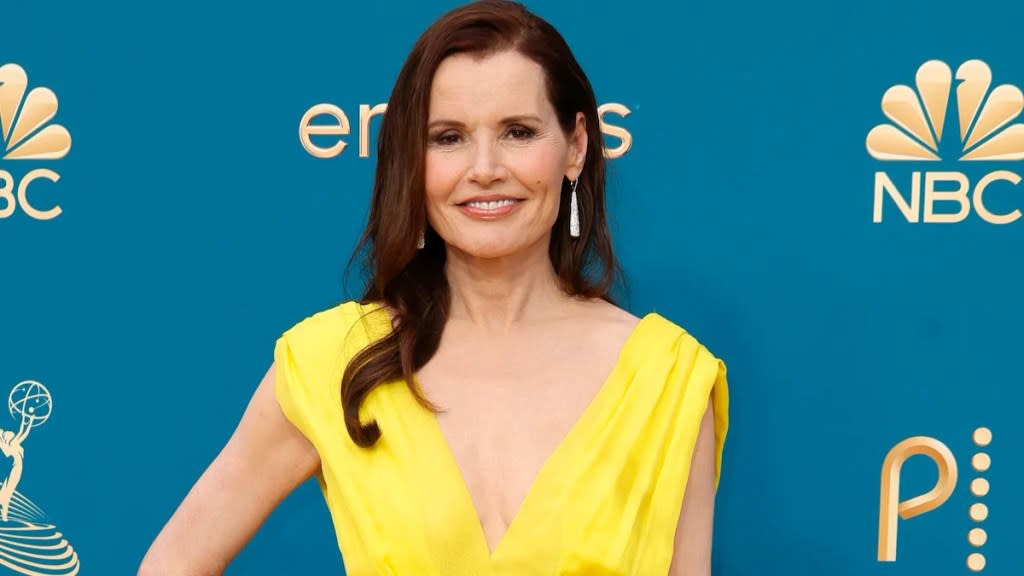Geena Davis Explains Why Hollywood Shouldn’t Rest on Its Laurels in the Wake of ‘Barbie’ Success | Exclusive

- Oops!Something went wrong.Please try again later.
Oscar-winning actress Geena Davis, founder and head of the Geena Davis Institute on Gender in Media, knows things have gotten somewhat better in Hollywood, but there’s a long way still to go. And in the wake of the runaway success of Warner Bros. Discovery’s “Barbie,” it’s no time for studios to rest on their laurels.
“It’s maddening that the trends don’t get picked up when in fact we know audiences prefer movies with more diversity,” Davis told TheWrap in an exclusive interview. “Every time a movie comes out, ‘Well, now, everything will change.’ When ‘Wonder Woman’ came out, everything will change.”
It’s something the actress heard back when her own movie, the 1991 roadtrip drama “Thelma & Louise” first came out.
“The press all said, ‘This is going to change everything. There are going to be so many more movies starring women,” Davis said.
Then the film’s screenwriter, Callie Khouri, had a friend who pitched a film to a studio a few years later that starred two female characters. “It had two female lead characters, but nothing else about it had anything remotely to do with ‘Thelma & Louise,'” Davis continued. “And this studio said, ‘No, no, we’ve had ‘Thelma & Louise.’ We don’t want another movie with two women.'”
For Davis, and the institute that bears her name, they’re even more galvanized to hold studios accountable to crafting inclusive characters and telling diverse stories. As Davis said during a speech on Wednesday at Warner Bros. Discovery, the institute’s latest study showed that, in children’s programming at least, there is gender parity with lead and supporting characters. But, as Davis told TheWrap, the next step needs to be intersectionality, having characters who hold multiple marginalized traits.
“We have developed tools in service of the industry, and that was only through partnership and understanding what the problems are. What are the pain points? And how do we disrupt that?” the institute’s president and CEO Madeline Di Nonno explained. Using a program called Spell Check for Bias, the organization can help industry creatives at the beginning of a project discover if their characters aren’t inclusive and intersectional. “It has to be embedded,” Di Nonno said.
“I’m impressed with the progress we’ve made,” Davis said. “But some things, like the fact that the representation of women in STEM on-screen is so flatline. But then it spiked way up for STEM characters of color. We’re going to get there.”
The post Geena Davis Explains Why Hollywood Shouldn’t Rest on Its Laurels in the Wake of ‘Barbie’ Success | Exclusive appeared first on TheWrap.

